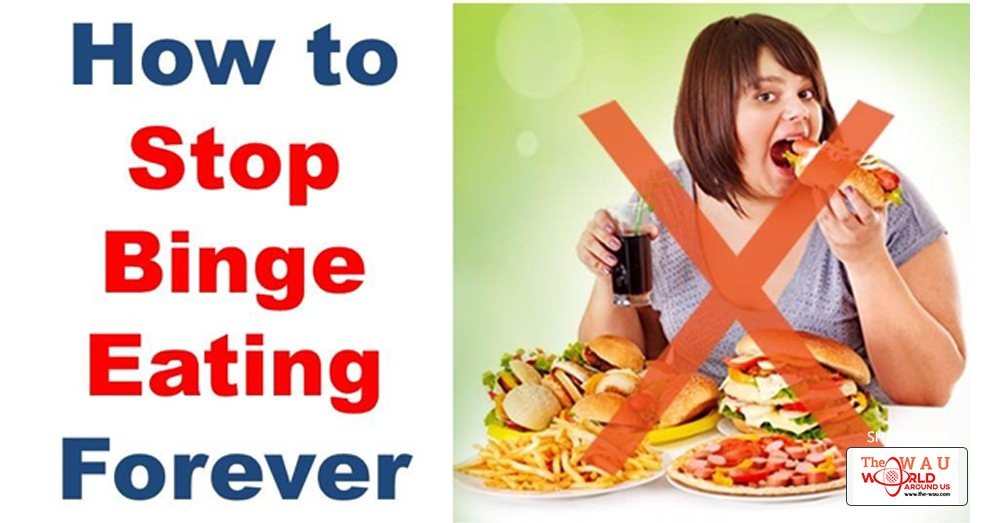Think back to the last time you ate so much you felt absolutely stuffed. Were you tearing into a huge cake to celebrate a friend’s birthday? Loading up on turkey and sweet potatoes at Thanksgiving? Or were you at home alone, maybe at the end of a tough day? How did you feel afterward -- simply annoyed that you gave yourself a stomachache? Or were you tormented by guilt or shame?
Eating too much every once in a while is normal. So is eating for emotional reasons. “From the moment we’re born, we’re nurtured with food, rewarded with food, and so emotional connections to food are normal,” says Michelle May, MD, author of Eat What You Love, Love What You Eat.
People who compulsively overeat, though, may use food as their only way of coping with negative emotions. As a result, they often feel that their eating is out of control. They think about food all the time and feel guilty, ashamed, or depressed after eating. “That’s very different from what someone feels after, say, eating a big Thanksgiving meal,” May says. “You might feel full, and you might regret having had that last slice of pie, but you’re not consumed with shame.”
Some people who overeat have a clinical disorder called binge eating disorder (BED). People with BED compulsively eat large amounts of food in a short amount of time and feel guilt or shame afterward. And they do so often: at least once a week over a period of at least 3 months.
Not everyone who overeats is a binger. You might eat a lot of food throughout the day, rather than all in one sitting. And you might not do it regularly, but only when you’re feeling stressed, lonely, or upset.
How does it start?
In some cases, people simply overeat out of mindless habit, like always sitting down with a bag of chips in front of the TV at night. But oftentimes, it’s the result of underlying emotional problems. Having a negative body
For many people, compulsive overeating is part of a cycle that starts with a restrictive diet. May calls it the “eat, repent, repeat” cycle. You might begin a diet because you feel bad about your weight or size but find that it’s too hard to stick to -- especially if you use food as a coping tool. Eventually, you hit a breaking point and binge on “forbidden” foods, and then the guilt and shame set in, and the restrictions begin again.
The cycle can be hard to break. “Even people who say they’re not on a diet often have ingrained ideas about ‘good’ or ‘bad’ foods,” says Marsha Hudnall, president of Green Mountain at Fox Run in Vermont, a center for women who struggle with overeating. “But when you have a substance that is naturally appealing and soothing and comforting, and you make it off-limits, it just becomes more attractive.”
...[ Continue to next page ]
Share This Post















